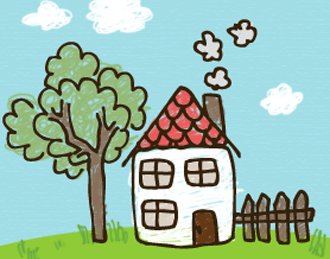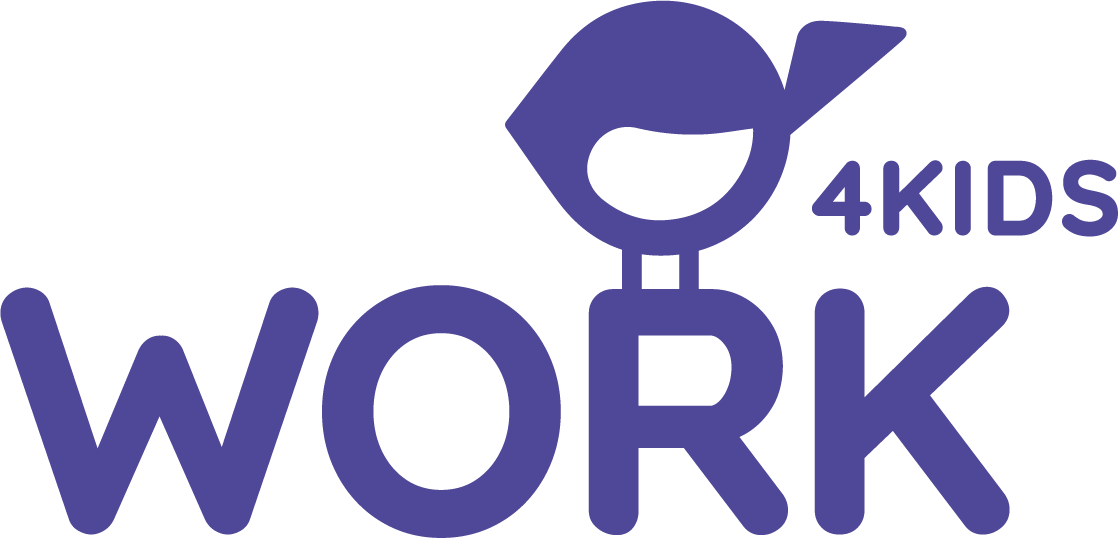Introduction/specifics
We are the only day care centre in the town of Grebenstein, with a catchment area of Udenhausen, Burguffeln, Friedrichsthal, Schachten and Grebenstein.
There is a bus transfer for the children from our districts for half-day care.
Our facility accepts children from the age of one until they start school, regardless of their origin, faith or stage of development.
For children with developmental delays or disabilities, we care for them according to the principles of inclusion. By introducing inclusion measures, we want to support the children in their development in the best possible way and assist the parents with advice.
Children of working parents, aged one to two years, are cared for exclusively in the crèche group. The crèche group is predominantly a closed group and has an age-appropriate concept.




